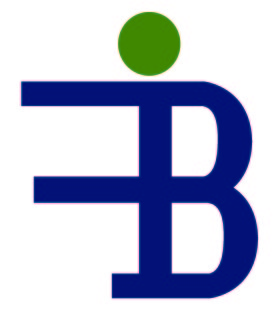The following blog is written by a Patrick McCarthy, a high school student who taught the Financial Foundations program to his fellow classmates as part of his senior project.
Looking back on that educational session about investing, I realized I had known practically nothing about money management, financial literacy, and planning for my life. So what did I do? I decided to teach this information which I had known so little about to the other students at my high school.
Through the Bank of America Student Leader Program, I attended a meeting with Meryl Lynch professionals, where my eyes were opened wide by the information, tips, and keys to success I was missing out on. And with all of this daunting information filling my brain, I came upon the thought that if I, an achieving and smart student had no idea about this, then there were probably countless others at my school without any learning in this important area.
So as my senior project, I wanted to teach my fellow senior class about the various aspects of being financially literate. The only challenge being that there were a total of 120 students, which meant teaching five classes a day three days in a row. And to top it off, most volunteer teachers were experts in the field or long time volunteers, and I was just a senior in high school. Nevertheless, I took on this challenge of educating my peers, who would soon themselves be entering the work force and facing their own financial lives.
Eventually, I was finally able to contact the non profits Operation Hope and Financial Beginnings. David Bell, my personal contact, was extremely helpful in getting me information about financial literacy, providing the classroom materials, and much more through the means of advice and excellent support. With this connection, I had a real opportunity to actually accomplish this goal, and was eager to do so.
While I had performed many speeches through class projects, 4-H events, and other venues, this was a totally different experience. After learning about banking, credit, and insurance myself, I wanted to make the largest impact possible on them. Yet I found that trying to drill the information into them was not the way to do so. Since they were all my peers, I found it possible to speak with them, and not lecture them on the importance of financial habits. This prompted numerous questions, discussions, and interest that I could see in their faces.
One particular class stuck out to me in which the teacher and students were intrigued by what I was teaching. When talking about managing money properly, the topic of Mint.com came up, and some of the students who had heard of it were interested in the site. So the teacher of that class simply pulled up his own profile, and we were able to all go through this site that is efficient in assisting one with his or her financial life. Little instances like this happened in almost every class every day, and gave me the knowledge that they found my information both valuable and interesting.
Of the many things I took away from my project and teaching others, a remarkable thing I noticed was how I knew much more about financial literacy itself compared to when I started. I am greatly satisfied knowing my fellow classmates have a grasp on money in life, yet I was surprised in how much I personally obtained just by teaching the material. Now I know more than ever that I too will be prepared for the complex financial world out there.
Anyone who is interested in teaching or even learning more in depth about financial literacy should seriously consider teaching others about it. You can take it from me that the most beneficial learning you will ever experience is learning by teaching, and learning from and about those who you teach.




